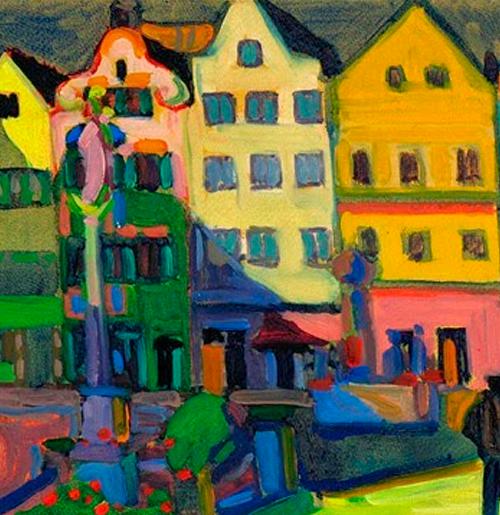Christopher Lasch, Haven in a Heartless World: the Family Besieged (New York: W.W. Norton & Company, Inc.).
“The family is a haven in a heartless world,” writes author Christopher Lasch (1932-1994), a former professor of history at the University of Rochester, best-selling author, and social critic. Lasch, whose thinking is quite eclectic, is typically labeled as a cultural conservative, but one who is skeptical of capitalism and influenced by a Freudian flavored critical theory. From within these diverse perspectives, he sets out to give his readers a substantial historical analysis of the social-scientific study of the modern family’s erosion in America. In the preface, Lasch himself admits that, like his outlook, this is a book whose topic “resists assimilation to predigested positions” and does not consist of “ready-made answers and automatic loyalties” to either the political right or left.
Beginning in the 19th century, Lasch masterfully untangles and maps out over a century’s worth of extensive sociological and psychological literature on the contemporary family. He situates these observations in the context of expanding social institutions and their besieging of the family’s power and influence. Most of these “expert” findings he subtly presents as wanting in their understanding of the authentic nature and purpose of the family.
Throughout each chapter of the book Lasch marks a new assault on the family within modern history. In great detail he demonstrates that over time, public and professional attention turn evermore toward the family. As a result, the family becomes more and more susceptible to the dangers of this increasingly intrusive outside influence. As the sense of responsibility and leadership within the family wanes and grows dangerously more dependent on these public agencies, a state of further decline and destruction of the family’s well-being sets in. The reader can begin to see how the power that the individual family previously possessed was quietly overthrown by this movement of a gradually expanding field of experts whose development was forming alongside a newly centralized government and economy.
Overall, I would recommend this book to anyone in, or interested in, the field of social sciences looking, specifically, for a history of the secular sociological and psychological diagnosis of the state of the modern family. This book might be of particular interest to those looking for a history that accounts for the modern family’s relationship to industrialization, capitalism, and the increasing intrusion of experts and lawmakers into the family’s inner workings. Lasch is successful in thoroughly covering a large body of literature concisely.
However, I was disappointed in the surprising lack of Lasch’s own clearly articulated opinions. Not infrequently the book turned into a dry summary of the history of sociology and psychology. Lasch’s unwillingness to make judgments and evaluations about this wide range of information made the work difficult to follow at times. Additionally, he seemed surprisingly fond of Freud and presented much of the intellectual history through a Freudian lens.
Finally, my only other criticism of the book pertains to its vague definition of the nature and purpose of the family. The title implies that it is distinct from society at large and an entity that ought to be a “haven” from the world. However, as the book progresses, it becomes unclear whether that is in fact what the author intends. On the other hand, John Paul II clearly taught that _AZ“as the family goes, so goes the nation, and so goes the whole world in which we live.” I do not think this distinction in understanding can be reduced to another example of circular cause and consequence like that of the chicken and the egg. However, if the family is a small unit within society itself, then the overall health and state of the family should be a good indicator of the overall health and state of the culture. If the world is indeed heartless, as the title implies, than perhaps the first place in need of reformation is, in fact, the family.
Julie Heldt Trabanino completed a Master of Theological Studies Degree at the Pontifical John Paul II Institute for Studies on Marriage and Family in Washington, DC and currently lives in Tucson, AZ.
Posted on July 24, 2014
